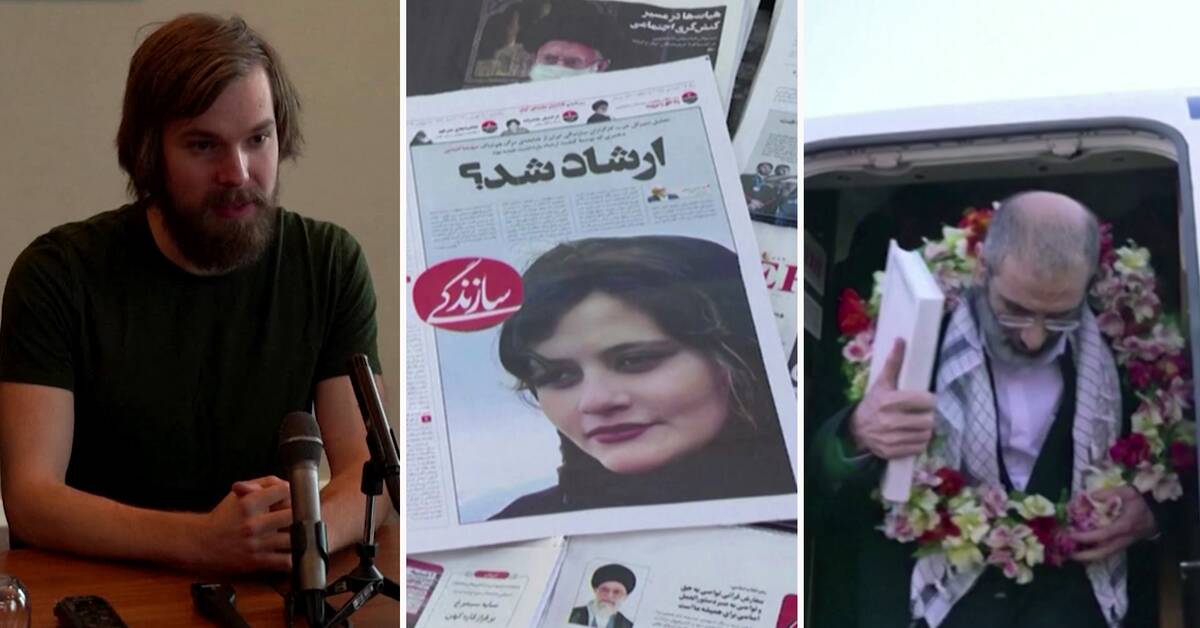A Danish and two Austrian citizens imprisoned in Iran were able to return home at the weekend in exchange for Belgium's release of the terror-convicted Iranian diplomat Assadollah Assadi.
There are now 22 Europeans left in Iranian prisons, according to Belgian authorities. "We will continue to fight for the release and humane treatment of all Europeans unjustly imprisoned in Iran," Belgian Prime Minister Alexander De Croo tweeted.
Belgian authorities particularly highlight Swedish-Iranian Ahmadreza Djalali, who has been imprisoned in Iran since 2016, sentenced to death for espionage. Djalali has a permanent residence permit in Sweden and worked as a researcher at Karolinska Institutet but has also been a visiting professor in Belgium.
Iran wants prisoner exchanges
Iran expert and researcher Rouzbeh Parsi says it's hard to know what the Belgian prisoner exchange could mean for Djalali.
"This means, above all, that there is a method to get people out of Iran.
Iran has long insisted on prisoner exchanges, according to Parsi. But while the US has agreed to prisoner exchanges, Europe is generally more skeptical of the method. In Belgium, a change in the law was required for the prisoner exchange to take place.
Systematic captivity
According to Rouzbeh Parsi, Iran has set up a system to imprison people who either have dual citizenship or are not even connected to Iran.
"Iran claims to be spies, but the arrests are most likely politically motivated to pressure governments or release Iranians.
Iranian Foreign Minister Hossein Amirabdollahian said in a tweet that he hopes the prisoner exchange can "open new doors" in Iran's relationship with Belgium and Europe.
"If some European citizens are not used as spies, there is no reason to detain them", according to the minister.
The Swedish Foreign Ministry does not want to comment on a possible collaboration with Belgium but writes to SVT that the work for Djalali "continues unabated".

